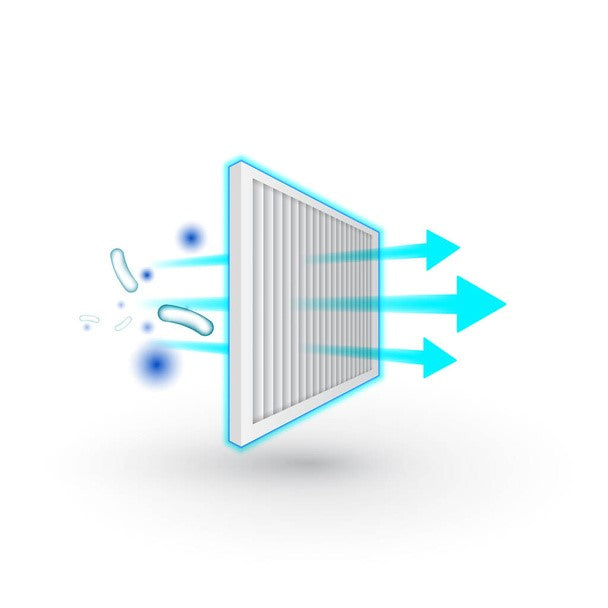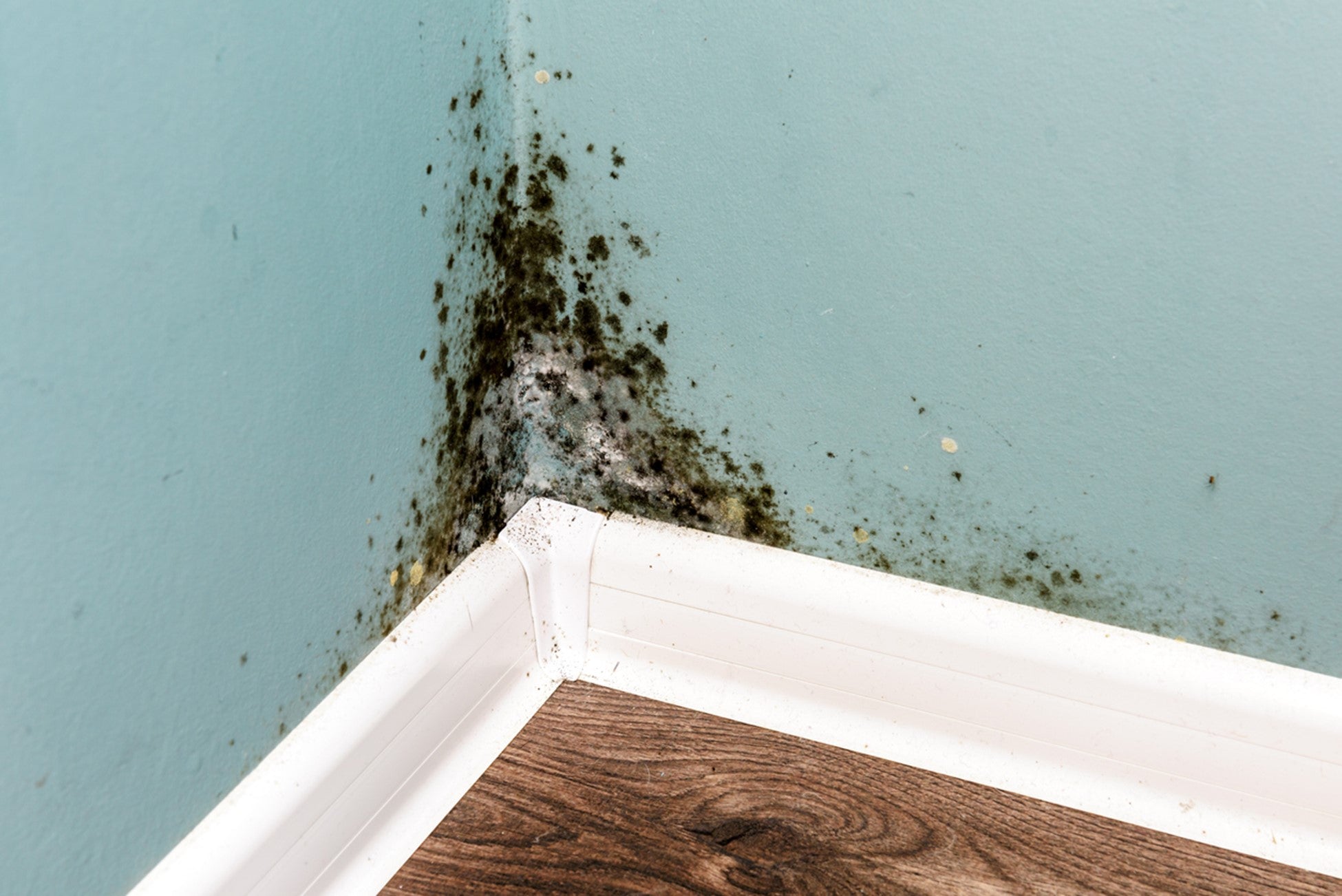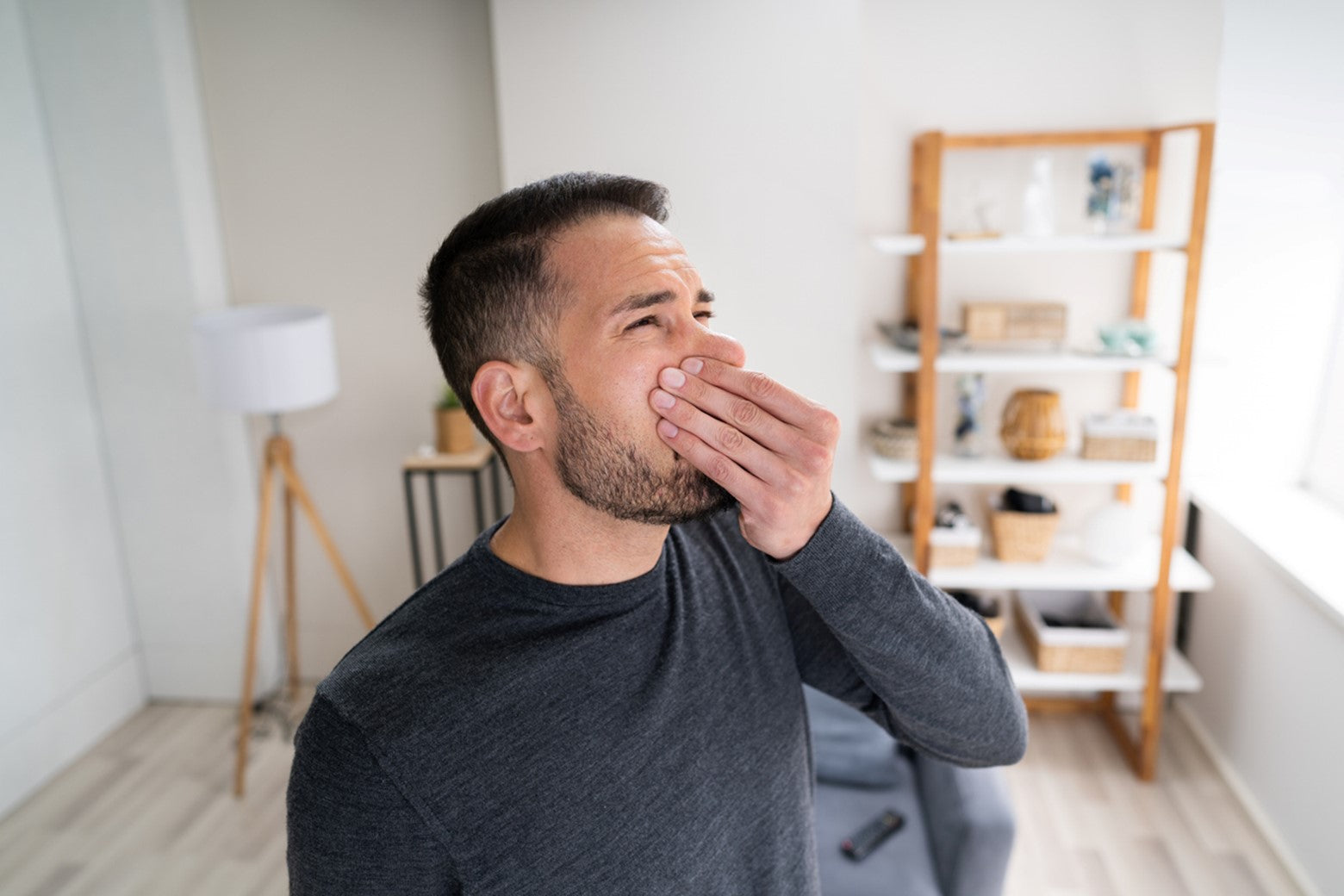Breathe Naturally - September 28, 2023
What is MERV Rating and How to Choose the Right Air Purifier Filter for Your Home

Indoor air can contain many pollutants that impact health and comfort. Using an air purifier with the right filter can greatly reduce dust, allergens, mold, bacteria, and other irritants in your home's air. Air purifier filters are rated on a scale called MERV - Minimum Efficiency Reporting Value. MERV measures a filter's effectiveness at capturing particles. The higher the MERV rating, the better the air purification. But what MERV rating do you need? Read on to learn how to choose the optimal air purifier filter using MERV ratings for your home's needs.
What is the MERV Rating Scale?
MERV stands for Minimum Efficiency Reporting Value and rates filters from 1 to 16 based on particle capture efficiency. MERV was developed by ASHRAE (American Society of Heating, Refrigerating and Air-Conditioning Engineers). The higher the MERV number, the more microscopic particles the filter can effectively trap.
| MERV Rating | Average Particle Size Efficiency in Microns |
|---|---|
| 1-4 | 3.0 - 10.0 less than 20% |
| 5 | 3.0-10.0 greater than or equal to 20% |
| 6 | 3.0-10.0 greater than or equal to 35% |
| 7 | 3.0-10.0 greater than or equal to 50% |
| 8 | 1.0-3.0 greater than or equal to 20% 3.0-10.0 greater than or equal to 70% |
| 9 | 1.0-3.0 greater than or equal to 35% 3.0-10.0 greater than or equal to 75% |
| 10 | 1.0-3.0 greater than or equal to 50% 3.0-10.0 greater than or equal to 80% |
| 11 | 0.30-1.0 greater than or equal to 20% 1.0-3.0 greater than or equal to 65% 3.0-10.0 greater than or equal to 85% |
| 12 | 0.30-1.0 greater than or equal to 35% 1.0-3.0 greater than or equal to 80% 3.0-10.0 greater than or equal to 90% |
| 13 | 0.30-1.0 greater than or equal to 50% 1.0-3.0 greater than or equal to 85% 3.0-10.0 greater than or equal to 90% |
| 14 | 0.30-1.0 greater than or equal to 75% 1.0-3.0 greater than or equal to 90% 3.0-10.0 greater than or equal to 95% |
| 15 | 0.30-1.0 greater than or equal to 85% 1.0-3.0 greater than or equal to 90% 3.0-10.0 greater than or equal to 95% |
| 16 | 0.30-1.0 greater than or equal to 95% 1.0-3.0 greater than or equal to 95% 3.0-10.0 greater than or equal to 95% |
| 17+ | 0.30 greater than or equal to 99.97% |
MERV specifically measures a filter's ability to capture particles between 0.3 and 10 microns in size. For reference, a human hair is about 100 microns wide. Higher MERV ratings denote filters that can trap progressively smaller particles.
MERV 1-4 filters only capture large particles like pollen, dust mites, sanding dust, textile fibers. MERV 5-8 filters start to trap small mold spores and bacteria. MERV 9-12 filters are effective at removing fine particles like tobacco smoke and dust mite allergens. The highest MERV 13-16 filters provide near complete removal of particles down to 0.3 microns, filtering bacteria, viruses, and smoke.

A higher quality of air for the ones you love
Typical Residential MERV Ratings
Most residential air purifiers will use filters rated MERV 6 to MERV 12. Here are the typical MERV ratings found in homes:
- MERV 7-9 - Basic air purifier filtration for low-cost air cleaning. Traps some pollen and mold spores
- MERV 10-12 - Better for pet owners. Traps more pet dander, dust mites, mold spores.
- MERV 13-15 - Great for allergy and asthma sufferers. Removes mold, bacteria, smoke, viruses.
- MERV 16 - Medical grade filtration. Traps fine bioaerosols and smaller mold spores.
- MERV 17+ - True HEPA filtration. Hospital grade particle removal down to 0.3 microns.
As a general rule, MERV 13 or MERV 17 air purifier filters offer efficient particle capture for most residential needs. Here are some tips:
- Use at least MERV 8 filters for allergy, pet dander, dust relief.
- MERV 13-17 filters are ideal if anyone smokes indoors.
- Choose MERV 17 filters for removing viruses, bacteria, fine particles.
- True HEPA or MERV 17+ are designed for heavy duty filtration in places like medical facilities and are also suitable for anyone with allergies, asthma, or compromised immune systems.
- Change air purifier filters regularly for best results. Check often.
Choosing the Right MERV Filter Rating
Consider these factors when selecting an air purifier filter MERV rating for your home:
- Room Size - Units made for large spaces often need a higher MERV filter to properly purify the air.
- Outdoor Air Quality - High pollution, smoke, or smog means filters with higher MERV rating are needed to clean incoming air.
- Indoor Air Concerns - Households with asthma, allergies, pets, dust require higher MERV ratings like 10-12 to better trap irritants.
- Room Usage - Prioritize high MERV filters in bedrooms and frequently occupied rooms.
- Construction - Tightly sealed, energy efficient homes need better air purification to filter recirculated indoor air.
- Local Climate - Hot, humid climates using more air conditioning need higher MERV filters to handle air recirculation
- Noise - Some high MERV filters can impede airflow, so check noise levels.
- Cost - Higher MERV filters often cost more and may need more frequent changing. Factor affordability.

Refer to manufacturers' recommendations to select the optimal filter MERV rating for your needs. Improving your air purifier filter can make a real difference in removing irritants and allergens from the air you breathe
MERV ratings provide a standardized way to evaluate the particle removal efficiency of air purifier filters. Higher MERV ratings denote filters that can trap smaller, microscopic particles like mold, bacteria, smoke and pet dander. While the highest MERV 13-16 filters offer true HEPA filtration, MERV ratings of 8 to 12 are sufficient for most homes.
Choosing the right air purifier filter MERV rating requires balancing factors like room size, outdoor and indoor air quality, usage, construction, climate and cost. As a general guideline, MERV 8 filters offer basic air purification while MERV 11 filters are excellent for filtering fine particles like viruses and smoke. Refer to manufacturers' recommendations to select the optimal filter MERV rating for your needs.
Investing in the proper air purifier filter improves respiratory health by reducing allergens, chemicals, dust and other irritants in your indoor air. Check and change air purifier filters regularly to maintain performance. Cleaner air filters mean cleaner, healthier air in your home.



